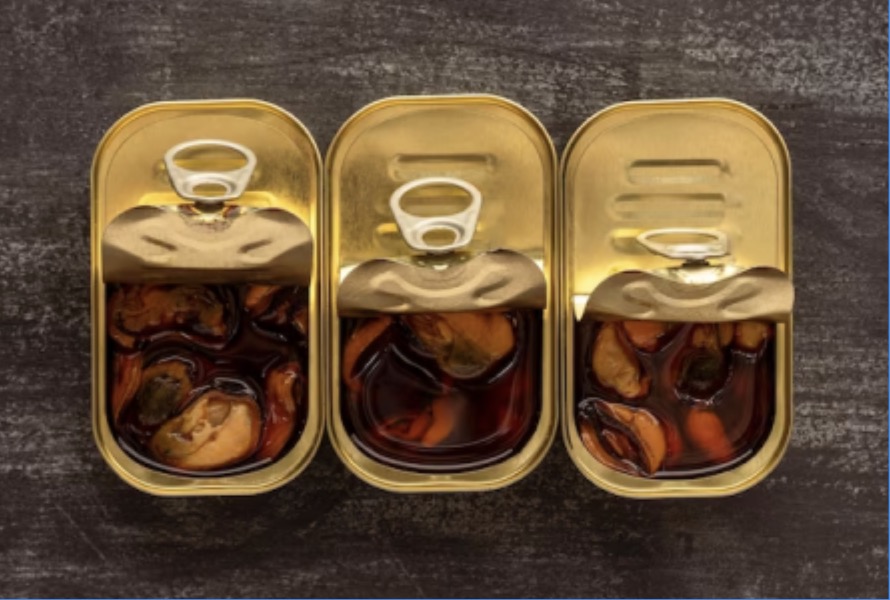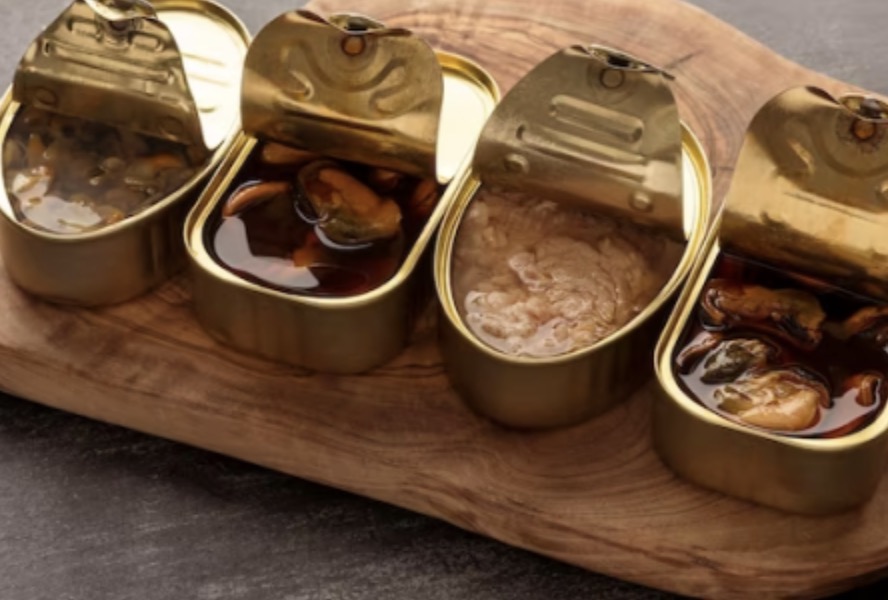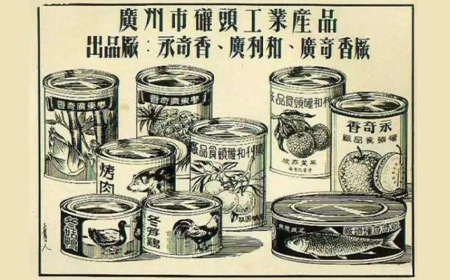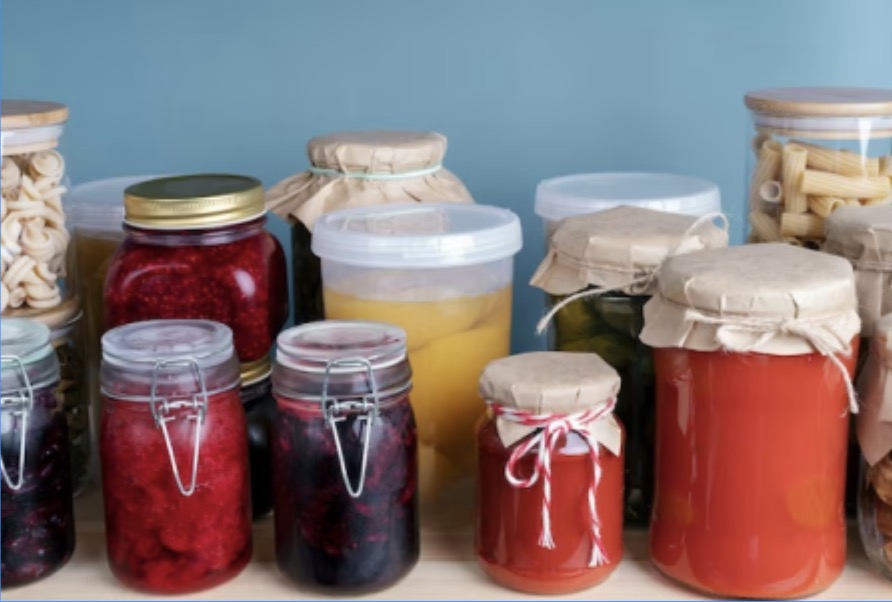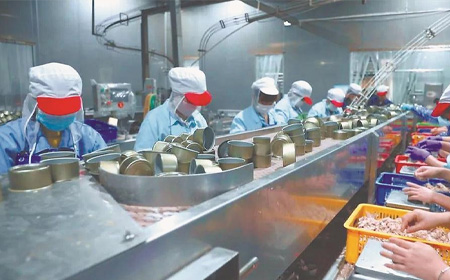The nutritional and hygienic value of canned food has been underestimated for many years. Even today, ordinary consumers still believe that the main nutrients in food are lost in the canning process, and its nutritional value cannot be compared with what is available in local supermarkets. The fresh produce is comparable. In fact, canned food contains high nutritional value.
The quality of canned food is controlled and freshness is maintained during pre-set processing, so that most canned food is actually fresher than the so-called fresh produce stored and transported in normal distribution channels. The raw materials of canned food The delay time in the whole process of harvesting, transportation and processing is very short, in many cases less than 2 hours. This is the fundamental reason why canned food can maintain high nutritional value.
Canned foods are rich in vitamins.
Vitamins are very sensitive to oxidation, light and high temperature. For example, asparagus will lose 40% of its vitamin C during 24-hour storage and transportation, spinach will lose 30%, and other vegetables will also lose at least 20%. This is a recognized fact. Research from Cornell University in Ithaka New York shows that the short-term, high-temperature heat treatment technology used in modern canned food processing actually improves the nutritional value of the food. In the case of tomatoes and corn with cobs, lycopene, a secondary product of plant raw materials, acts as an antioxidant against carcinogenic free radicals and is released at high temperatures, playing an important role in human metabolism. Independent research at the Institute of Ecological Nutrition in Noucheuglandabach, Germany, shows that the loss of vitamin C in food during canning processing is less than that in normal household cooking. Vitamins A, B, and E, including folic acid, are preserved as a basic component. in carbohydrates, proteins and fatty acids.
With "innovative specialty iron" cans and processing know-how, canned food has carved its own identity in a world increasingly sensitive to food safety, hygiene and nutrition. Exquisite processing technology and effective heat conduction make the heating time as short as possible while ensuring the sterilization temperature, thereby ensuring high-quality nutritional ingredients and meeting the almost picky needs of contemporary consumers. Besides, canned food avoids light and oxidation. When stored at room temperature, the vitamins in the food remain unchanged for at least two years, and there is no need to consume the electricity of the refrigerator.
Note: "Innovative special iron" refers to coated iron.
[Source of the article: APEAL: a publication published by The Associafion of European Producers of Steel for packaging. Translated by: Wang Yuan. This article was published in January 2004]
The quality of canned food is controlled and freshness is maintained during pre-set processing, so that most canned food is actually fresher than the so-called fresh produce stored and transported in normal distribution channels. The raw materials of canned food The delay time in the whole process of harvesting, transportation and processing is very short, in many cases less than 2 hours. This is the fundamental reason why canned food can maintain high nutritional value.
Canned foods are rich in vitamins.
Vitamins are very sensitive to oxidation, light and high temperature. For example, asparagus will lose 40% of its vitamin C during 24-hour storage and transportation, spinach will lose 30%, and other vegetables will also lose at least 20%. This is a recognized fact. Research from Cornell University in Ithaka New York shows that the short-term, high-temperature heat treatment technology used in modern canned food processing actually improves the nutritional value of the food. In the case of tomatoes and corn with cobs, lycopene, a secondary product of plant raw materials, acts as an antioxidant against carcinogenic free radicals and is released at high temperatures, playing an important role in human metabolism. Independent research at the Institute of Ecological Nutrition in Noucheuglandabach, Germany, shows that the loss of vitamin C in food during canning processing is less than that in normal household cooking. Vitamins A, B, and E, including folic acid, are preserved as a basic component. in carbohydrates, proteins and fatty acids.
With "innovative specialty iron" cans and processing know-how, canned food has carved its own identity in a world increasingly sensitive to food safety, hygiene and nutrition. Exquisite processing technology and effective heat conduction make the heating time as short as possible while ensuring the sterilization temperature, thereby ensuring high-quality nutritional ingredients and meeting the almost picky needs of contemporary consumers. Besides, canned food avoids light and oxidation. When stored at room temperature, the vitamins in the food remain unchanged for at least two years, and there is no need to consume the electricity of the refrigerator.
Note: "Innovative special iron" refers to coated iron.
[Source of the article: APEAL: a publication published by The Associafion of European Producers of Steel for packaging. Translated by: Wang Yuan. This article was published in January 2004]
Contact Us
Your email address will not be published. Required fields are marked*

